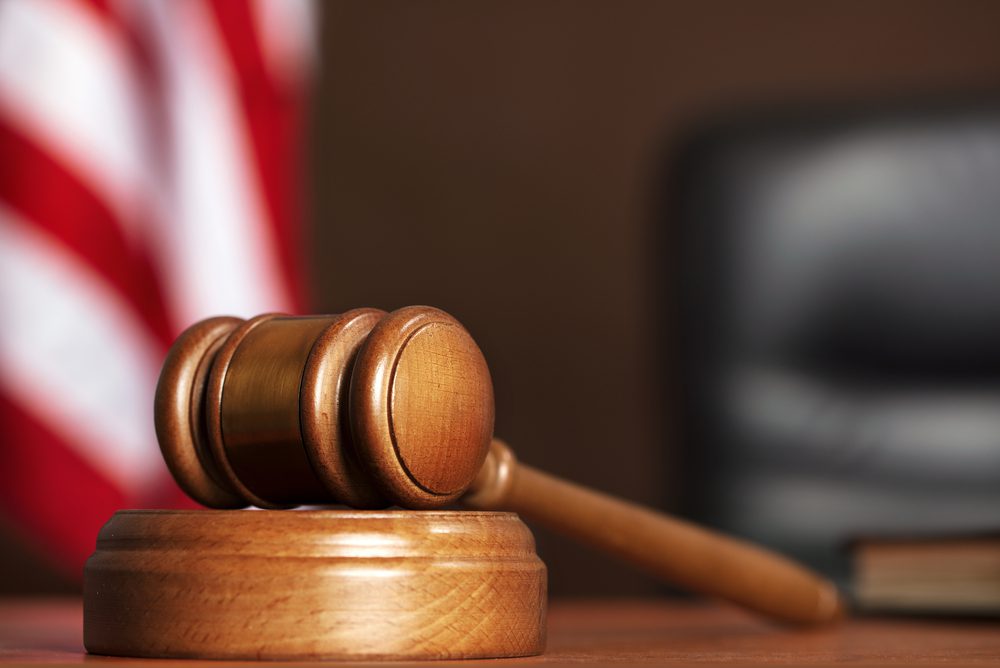Photo: Alex Staroseltsev / Shutterstock
By Barbara Liston (Clearview Post) – Think anonymous reviews in crowd-sourced forums like Yelp and Glassdoor are protected by the First Amendment?
A former employee who posted a critical review of New York oil barge operator Bouchard Transportation is about to find out.
So far, Bouchard is winning.
A California judge in June sided with Bouchard and ordered the job search site Glassdoor to reveal the name of the anonymous former employee who wrote in a 2015 review that the company had “no safety culture.”
Bouchard and its president, Morton Bouchard III, say they need the person’s name to pursue a defamation lawsuit. The company’s complaint states that Bouchard has “diligently worked to ensure that BTC (Bouchard Transportation Company) has a reputation for operating safely.”
But in new arguments filed in November, the former employee, known in court records as John Doe 1, claims that his comments were constitutionally protected opinion.
Doe also claims that events over the past three years support his criticism.
Among the events was the explosion of Bouchard’s Barge 255 off the coast of Texas in 2017, killing the vessel’s two deckhands. Testimony about Bouchard’s safety culture figured in a two-week public hearing in 2018 into the cause of the accident held by the U.S. Coast Guard.
Bouchard was so concerned about the impact of the testimony on its reputation that the company filed a lawsuit in U.S. District Court in Houston midway through the Coast Guard inquiry seeking unsuccessfully to shut down the hearings.
Doe’s lawyer, First Amendment lawyer Henry Kaufman of New York City, in a petition filed in November to stop Doe’s unmasking, asked the judge to consider what he called “Bouchard’s bad faith claims about their allegedly fine reputation for safety and environmental concern.”
A hearing is scheduled for Feb. 5, 2019, in the Superior Court of California in Marin County.
With the number and popularity of online anonymous review forums growing, courts across the country increasingly are being asked to balance the public’s right to free speech under the First Amendment with the right of business to challenge statements that it claims are defamatory.
Case law on the protection of anonymous reviewers’ identities is an evolving work in progress.
The U.S. Supreme Court repeatedly has held that anonymous speech is protected speech.
“Under our Constitution, anonymous pamphleteering is not a pernicious, fraudulent practice, but an honorable tradition of advocacy and of dissent. Anonymity is a shield from the tyranny of the majority,” the court wrote in the 1995 case of McIntyre v. Ohio Elections Commission.
In the modern era of online publication, internet companies rather than pamphleteers increasingly are having to fight to protect the identities of their writers.
Glassdoor offers tips on its website on writing a review to avoid defamation.
“You are entitled to post your anonymous opinions about your company or C-suite executives on Glassdoor and your speech should be protected under the First Amendment. However, you should be aware that statements of provable facts are subject to legal claims of defamation if your company and/or executives allege your statements are false,” Glassdoor’s website states.
A key issue is whether the reviewer posts opinions or statements of fact which can be proven true or false.
In deciding whether a review is opinion, courts often look for hyperbolic, or exaggerated, language and consider whether a reasonable reader would think the statement in context was intended as fact or opinion.
If a judge determines that the challenged posts are factual assertions rather than opinion, the business seeking the identity of the reviewer must first making a showing of a “prima facie” case, or enough credible evidence to win a defamation case if no contradictory information is offered by the reviewer.
Glassdoor fights at its own expense attempts by companies to unmask its reviewers, according to the website.
In Doe’s case, Bouchard initially sued to obtain the names of five current and former employees who posted anonymously on the Glassdoor website. The judge decided that the posts by three reviewers were opinion, while posts by John Doe 1 and another former employee crossed over into potentially defamatory statements.
Once the judge approved Bouchard’s subpoena for Glassdoor to reveal John Doe 1’s identifying information, Doe hired Kaufman to continue the fight.
The lawyer for Glassdoor and officials at Bouchard did not immediately respond to emailed requests for comment.
In a typical hearing to unmask an anonymous reviewer, the only evidence presented to the judge concerning the truth or falsity of the posted statements is information provided by the company or plaintiff.
“It’s just a crazy thing to imagine that they (Bouchard) should be allowed to continue to chase down Doe and make Doe litigate these issues when they’re being litigated right now in a much more specific and troubling context,” Kaufman said.
The article was originally published by The Clearview Post, a non-profit foundation that aims to educate the public regarding the role of the civil trial court and the importance of trial by jury in American society.

 Join The Club
Join The Club











